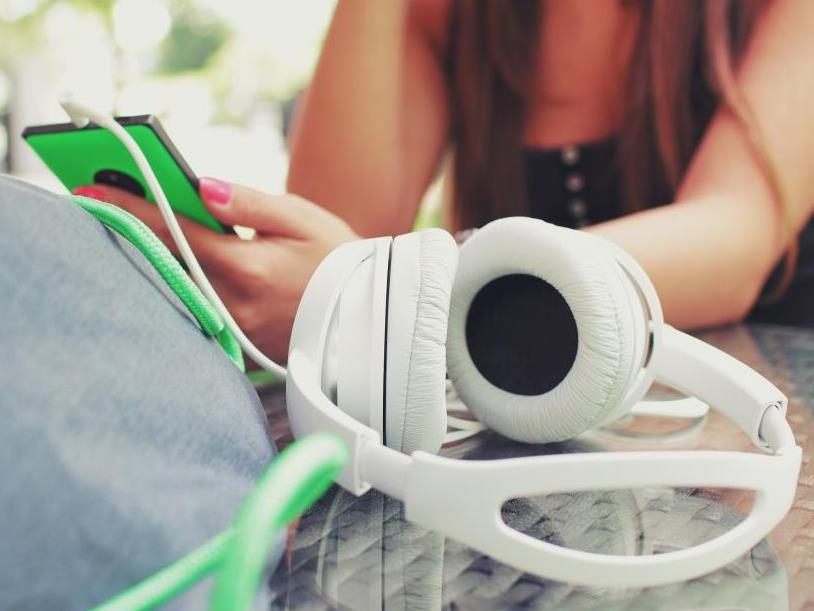Image: Jan Vašekvis StockSnap
It’s a strange thought for most that that there are music consumers out there right now who have never purchased a physical album, whether it is the ever-durable CD, the stylish vinyl record or the “sorry, my Datsun only has a tape-deck” cassette.
We now of course live in the age of digital music. Furthermore, we are currently witnessing the transition into an era where even downloading music will become obsolete, as the age of streaming is upon us. Services such as Spotify (arguably the most popular streaming service) and the newly introduced Apple Music are leading the way.
Last year, global revenue from music downloads and subscriptions overtook sales of physical formats for the first time. A 2014 report revealed that digital sales of music (including downloads and streaming) accounted for $6.85 billion, while physical sales (of which CDs make up the vast majority) accounted for $6.82 billion.[i] But how much of this money is actually going to artists, and how does it get there?
How Online Streaming Works
Streaming services collect money via a subscription model, although some services such as Spotify offer a free platform with advertisements.[ii] Every time somebody listens to a song on Spotify it generates payments, but Spotify does not calculate royalties based upon a fixed “per play” rate. [iii]Instead, Spotify pays royalties for all of the listening that occurs via their streaming service by distributing nearly 70% of all revenue back to rights holders.[iv]
The “rights holders” are the owners of the music that is being streamed by services such as Spotify, whether they are labels, publishers, distributors, or, in some cases, independent artists themselves. The label or publisher then divides these royalties and accounts to each artist depending on their individual deals.
The royalty that is paid to the rights holders depends on:
• The country people are streaming the music
• the streaming services number of paid users as a percentage of total users; (the more paid users that stream a particular song, then the higher the paid rate)
• relative premium pricing and currency value in different countries
• the rights holders’ royalty rate.
Taylor Swift v Apple Music
Thanks to a widely publicised rebellion by independent labels and Taylor Swift, Apple recently decided to pay artists and labels for the songs streamed during Apple Music’s three-month free trial period. Initially, Apple was not going to pay musicians any royalties for the first three months after its new streaming service launched.[v]
Following Spotify’s lead, Apple Music will also give rights holders over 70% of revenues after the three-month free trial period. While Apple has confirmed that artists would now be paid on a per-stream basis during the free trial, they did not specify how much that would be.[vi]
The bottom line
But how much do musicians really make from online streaming? Although it varies from artist-to-artists depending on a wide variety of factors, payouts for individual artists have grown over time as a result of streaming-user growth.[vii]
Spotify says that its average payout for a stream to labels and publishers is between US$0.006 and $0.0084. But it has been calculated that the average payment to an artist from the label portion of that is $0.001128 – this being what a signed artist receives after the label’s share.[viii]
[i] 1 IFPI Digital Music Report
[ii] http://www.spotifyartists.com/spotify-explained..
[iii] Ibid
[iv] Ibid
[v] 2015Lucy England, ‘Here’s How Much Apple Music is Going to Pay Artists’ Business Insider Australia (22 June 2015)
[vi] Ibid
[vii] IFPI Digital Music Report 2015
[viii] Stuart Dredge, ‘How Much Do Musicians Really Make from Spotify, iTunes and YouTube?’ The Guardian (3 April 2015)





